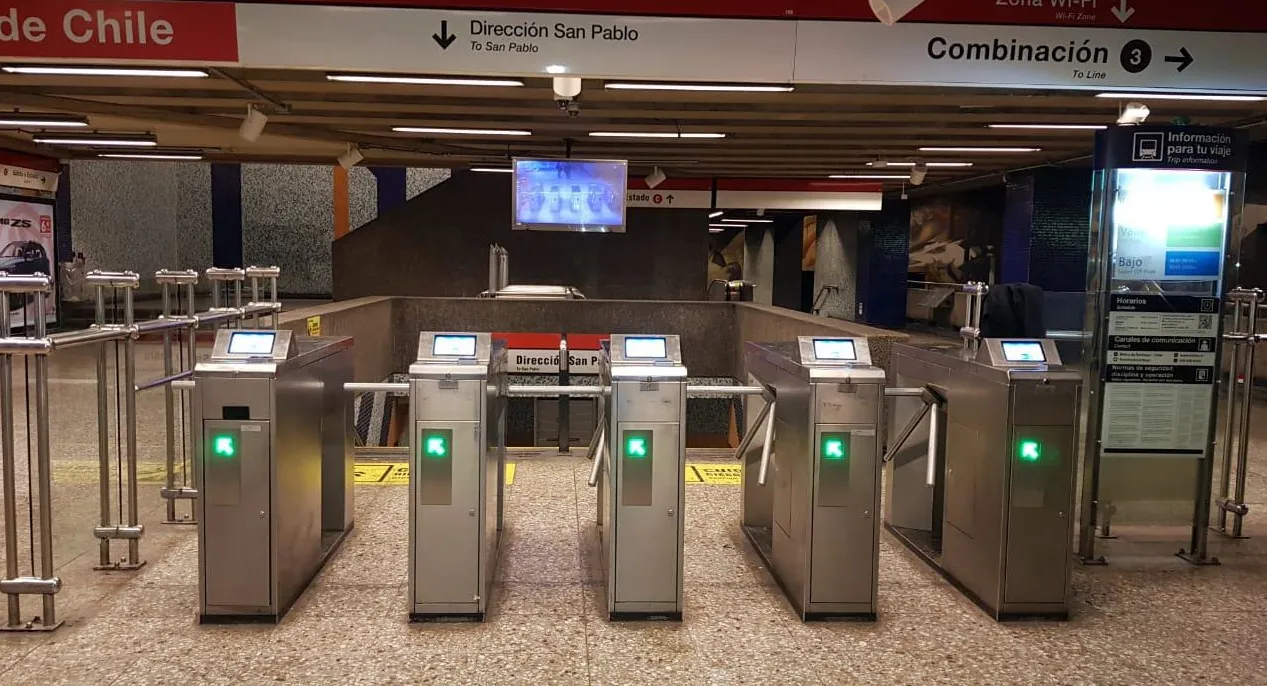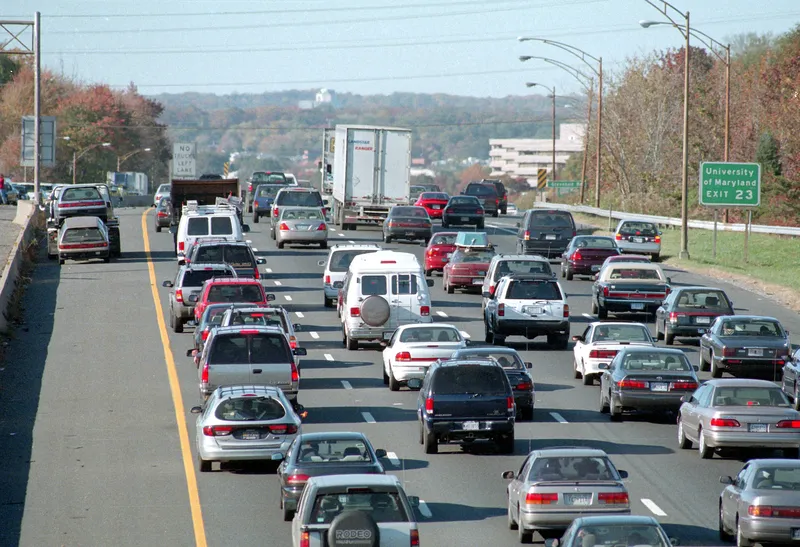In a contract valued at over US$141 million with Egyptian National Railways, Thales is to modernise the signalling systems on the Cairo-Alexandria corridor. The Cairo-Alexandria railway line is approximately 208 km long and is currently the busiest section of the Egyptian Railways network, carrying more than 25 million passengers per year. The turnkey contract includes design, supply, construction, phasing, commissioning and maintenance services. It covers the modernisation of the signalling as well as the
May 29, 2013
Read time: 2 mins
In a contract valued at over US$141 million with Egyptian National Railways, 596 Thales is to modernise the signalling systems on the Cairo-Alexandria corridor.
The Cairo-Alexandria railway line is approximately 208 km long and is currently the busiest section of the Egyptian Railways network, carrying more than 25 million passengers per year.
The turnkey contract includes design, supply, construction, phasing, commissioning and maintenance services. It covers the modernisation of the signalling as well as the telecommunication system and centralised traffic control. The Thales signalling solution will enhance the safety and the capacity of the line, allowing an expected 32 million passengers to use it every year. The new system will allow trains to increase in speed from speeds, and will reduce the headway between trains from ten to five minutes. The construction will take four years.
“We are delighted to have won this important contract. It is the first step of the ambitious renovation programme for the signalling system launched by the Ministry of Transport and the Egyptian National Railways network. The contract fits in with the long term strategy of modernising the railway infrastructure,” said Michelangelo Neri, Thales country director in Egypt.
The Cairo-Alexandria railway line is approximately 208 km long and is currently the busiest section of the Egyptian Railways network, carrying more than 25 million passengers per year.
The turnkey contract includes design, supply, construction, phasing, commissioning and maintenance services. It covers the modernisation of the signalling as well as the telecommunication system and centralised traffic control. The Thales signalling solution will enhance the safety and the capacity of the line, allowing an expected 32 million passengers to use it every year. The new system will allow trains to increase in speed from speeds, and will reduce the headway between trains from ten to five minutes. The construction will take four years.
“We are delighted to have won this important contract. It is the first step of the ambitious renovation programme for the signalling system launched by the Ministry of Transport and the Egyptian National Railways network. The contract fits in with the long term strategy of modernising the railway infrastructure,” said Michelangelo Neri, Thales country director in Egypt.










